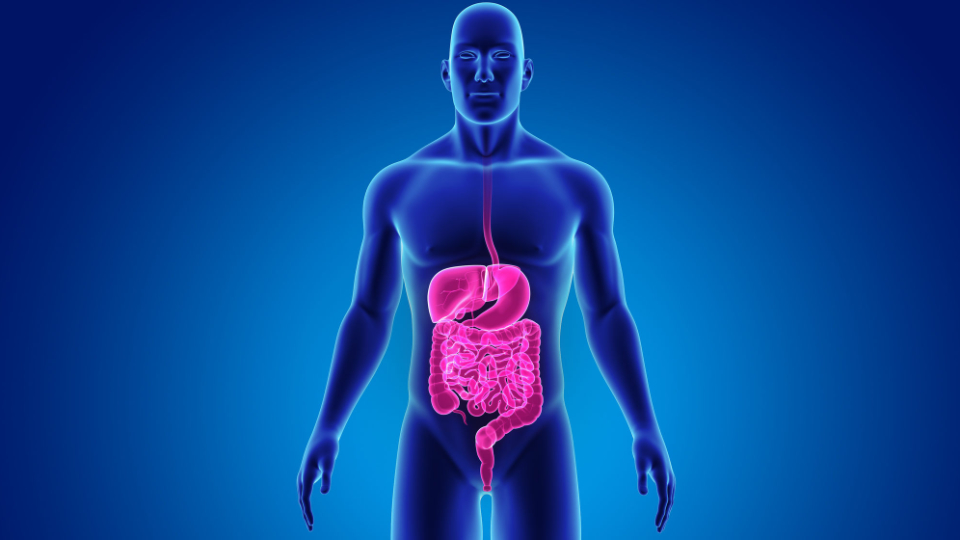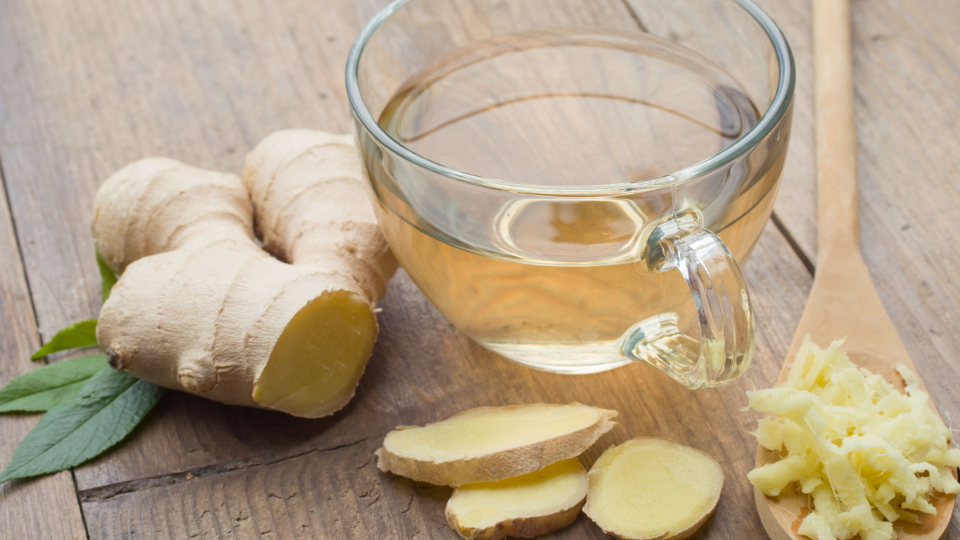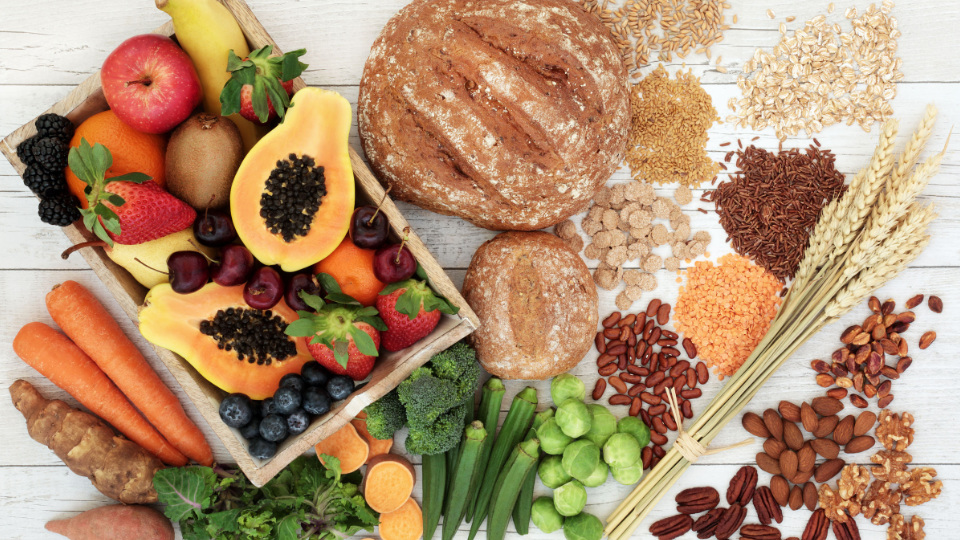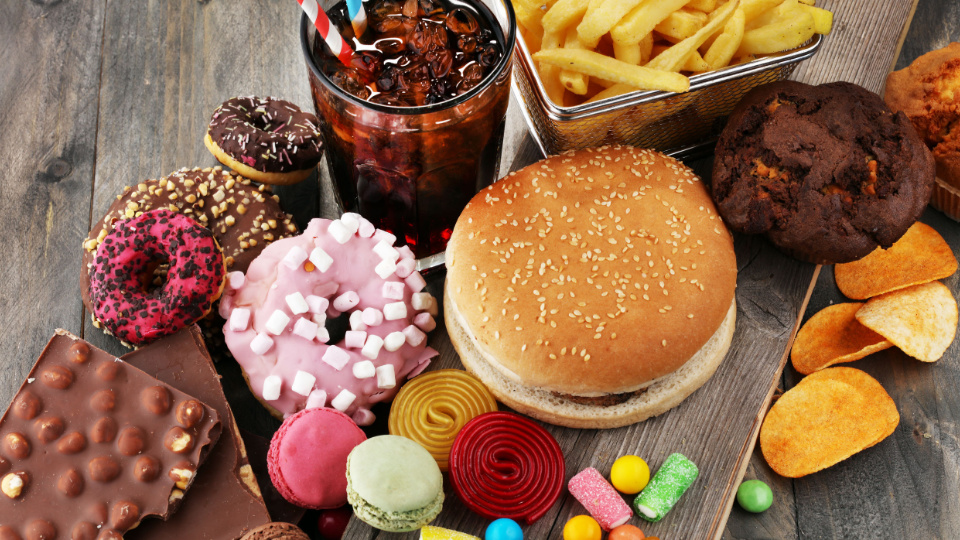Do you experience any digestive problem such as bloated stomach, upset stomach, nausea, heartburn, and constipation?
If you are experiencing it right now, this article will help to solve your digestive issues in no time.
First and foremost, you will need to change your diet and lifestyle to reduce the chances of having an upset stomach as it has a positive impact on your gut health.
What is digestive problem?

The digestion system is a complex and comprehensive part of the body, from mouth to rectum. The digestive system helps your body consume essential nutrients and is responsible to eliminate waste.
The issues in digestion can mean more than unpleasant symptoms. If left it untreated, it can lead to a serious illness like chronic.
There are different types of digestive problems, so it is best to understand the common digestive issues, as well as the severe symptoms. So that you will know when to consult your doctor.
Common types of digestive problems
Food intolerance
It occurs when your digestive system can’t tolerate certain foods. It is different from food allergies, which can cause respiratory issues.
The symptoms are:
- bloating / cramps
- diarrhoea
- headache
- heartburn
- irritability
- gas
- vomiting
To identify which foods trigger your digestive system, you can write it down in a food diary.
GERD
Many adults occasionally have heartburn when the stomach acids go back up into the oesophagus. It will cause chest pain and trademark burning sensation.
If you have more frequent heartburn, you might have gastroesophageal reflux disease (GERD). GERD can interfere with your daily life and damage your oesophagus.
The symptoms are:
- chest discomfort
- dry cough
- sore throat
- swallowing issues
- sour taste in mouth
Medications can control heartburn. A damaged oesophagus can make swallowing difficult and disrupt the rest of the digestive system.
Inflammatory bowel disease
Inflammatory bowel disease (IBD) is a type of chronic swelling. It affects one or more parts of the digestive tract. It also can cause more general digestive ailments, for example, abdominal pain and diarrhoea.
The other symptoms are:
- fatigue
- incomplete bowel movements
- loss of appetite and subsequent weight loss
- night sweats
- rectal bleeding
Type of IBD
- Ulcerative colitis: affects only the colon
- Crohn’s disease: affects the entire gastrointestinal (GI) tract (commonly affects colon and small intestine)
Chronic constipation
Chronic constipation indicates a problem with getting rid of waste. This happens when the colon can’t pass or move stool through the rest of the digestive tract.
You may experience abdominal pain and bloating as well as fewer bowel movements, which are more painful than usual.
So, you must make sure that you are getting enough fibre, water, and exercise, as it will likely help curb constipation. Medications can also provide relief in more serious cases.
Here are the lists of ways that help relieve your digestive system.
1. Ginger

Ginger is a plant that can reduce bloating and other digestive problems.
If you do not have ginger, dried ginger powder can also do the trick. It is an excellent spice for flavouring meals and for making tea as well. Remember to choose a fresh ginger root for tea-making.
2. Fibre

Fibre is the most common knowledge for improving digestive systems.
You can consume oat bran, legumes, nuts and seeds, vegetables, whole grains and wheat bran are good sources of fibre.
Research published in Nutrition Journal showed that people who consumed high fibre diet had less gas than they thought they would when upping black-eyed pea consumption. So, do make sure you stock up your black-eyed peas in the kitchen.
Probiotics are another type of fibre such as yogurt and kefir can help improve your healthy gut bacteria. Diets high in this fibre have been shown to reduce the risk of inflammatory bowel conditions.
Probiotics are found in many fruits, vegetables and grains such as whole grains, raspberries, and artichokes.
3. Other high fibre foods
High-fibre foods include:
- Apple with skin
- Baked beans
- Barley
- Black beans
- Bran flakes
- Broccoli
- Green beans
- Green peas
- Lentils
- Lima beans
- Pear with skin
- Raspberries
- Split peas
- Turnip greens
- Whole wheat spaghetti
Most food above has to consume in moderation.
What To Avoid
Below are the foods and drinks will increase the risk of bloating, heartburn, and diarrhoea.

- artificial sweeteners, for example, sugar & alcohols
- carbonated or sugar sweetened drinks
- refined carbohydrates such as white bread
- alcohol
- milk or white chocolate
- foods high in saturated fats, such as cheese and cream
- coffee and other drinks containing caffeine
- spicy foods
- greasy foods
Besides foods that will affect your digestive system. Eating too fast and lying down immediately after eating will affect your food digestion.
If you consume a larger meal, your body will take a longer time to digest it. To enhance digestion, it is best to eat several small meals instead of one large meal.
However, everyone’s digestive systems vary. For example, some people may have food intolerances and allergies, while others do not.
So, people who have digestive problem, you can keep track with a food diary. This can help identify foods and drinks that trigger your digestive issues.
From today onwards, let’s treat our tummy right by putting the delicious, healthy foods on the plate shall we?





